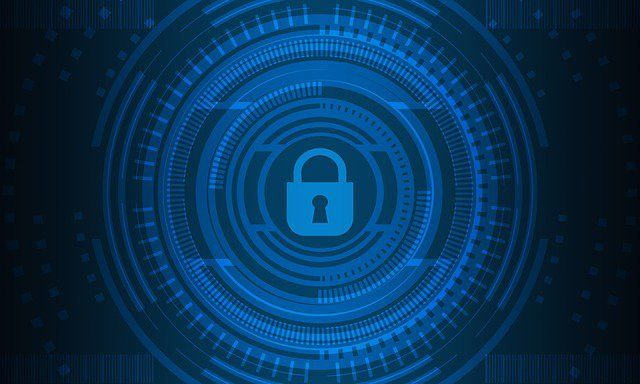Best Cyber Security Tasks To Give An IT Outsourcing Services Company

As cyber threats spread and become sophisticated, companies must have security teams with advanced security skills to protect sensitive business data. Finding such talented individuals is difficult and even if you do, you might not be able to afford their services. For these reasons, outsourcing has become a standard solution for getting rare skills and expertise without incurring huge costs.
However, different businesses may require different security services. Some tasks may be better handled in-house if they are part of your core business or involves proprietary software or hardware systems that is not available elsewhere.
On the other hand, some cyber security tasks are better suited for outsourcing.
Keep reading on to learn more about which tasks can be outsourced.
Security Monitoring
Several tools and software are needed to effectively monitor your business security. Tools for endpoint protection, firewalls, access management, and email security all produce their own system reports.
One reason security monitoring is best to hand off to an outsourced IT company is simply the reporting. Collecting reports on internal and external threats while also being aware of your business’ real-time security status can be overwhelming. Cybersecurity can become unmanageable except with a large dedicated security team. Also, this type of monitoring needs to be around the clock, 24×7, since attacks can happen at any time.
With the large number of staff needed to make an effective monitoring team, without an outsourcing opportunity, a functional cyber security system will be a pipe dream for many small businesses.
Security Assessment
Also known as vendor risk assessment, it is a compliance requirement that presents an opportunity for you to access the risks posed to your business by third parties.
Third-party assessments are a good candidate for outsourcing because they are often unplanned and may affect your routine security functions if you decide to do it in-house.
Since there is usually a defined scope and outcomes for a security assessment, they can be easily carried out by an outsourcing company.
A third party may have access to some of your sensitive information when you hand over some of your cyber security operations to vendors. A security assessment can help you determine the safety of such access.
Security Testing
If your business develops software product or service for private or public use, your products need to be scrutinized for possible security compliant and usability issues before it is released to the market.
Of course, you would do some testing internally such as code analysis and vulnerability scanning in-house but external teams bring objectivity and expertise to the tests. Other tasks such as penetration testing, security audits, and information risk assessments are also an important part of security testing.
Some compliance requirement mandates that an external party conduct application and product security testing for a business. Even when this is not the case, large organizations can maintain a dedicated team of product security testers. However, for some owners, this may not be a good fit for their budget.
Incident Response Management
Just like a disaster requires a quick response, a cyber attack or an attempted one requires an incident response team to manage its aftermath. When there is a real security incident, a professional response is needed to recover your businesses information technology and do the necessary forensics in a short time frame. Having a good relationship with an MSP will help should a cyber incident occur. Your internal team might be too caught up in the attack or ill-equipped to make the right decisions.
Security Training
This is necessary for you and your team to stay up-to-date on the latest hacking prevention tips and methods. You could have the best IT infrastructure but if your staff is not informed on security best practices, your business will be easy to breach for cybercriminals.
There is standard security awareness training available. You can also get a customized training that is relevant for your business.
Final Thoughts
You may believe your organization should be in total control of its own security but some tasks are best outsourced to expert security firms for efficiency and safety reasons. You will see the benefits of such security outsourcing in the short and the long run. Hiring an IT outsourcing services company will provide you with peace of mind knowing your business is safe from everyday cyber security threats.
Please contact us here at SDTEK to learn more about how we can help keep your sensitive information secure.
The post Best Cyber Security Tasks To Give An IT Outsourcing Services Company appeared first on SDTEK | San Diego, CA.


